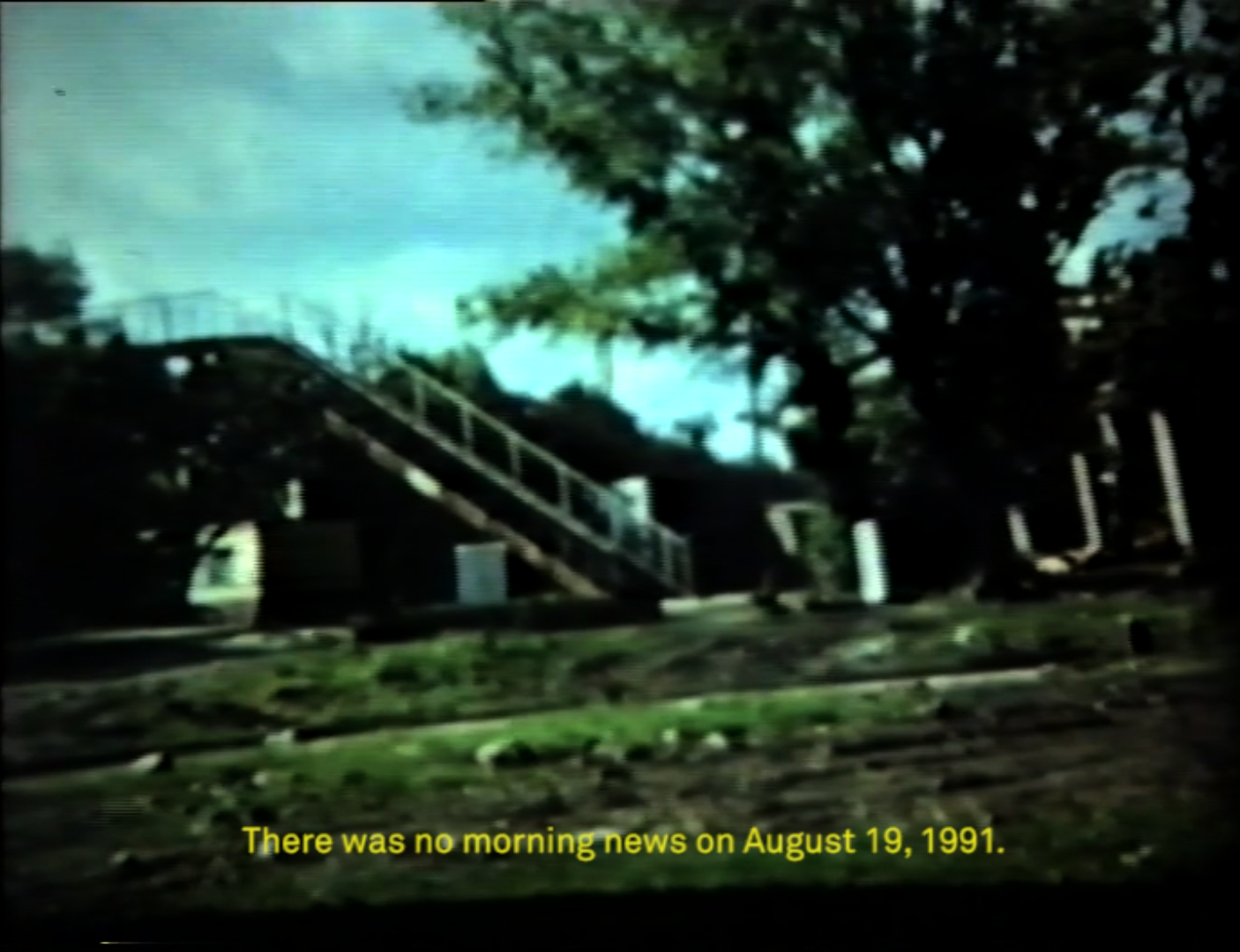May You Live In Interesting Times
Transitioning Boredom in Lithuania‘s (Post-)Soviet Image Cultures
DOI:
https://doi.org/10.17892/app.2024.00018.335Keywords:
Tomas Andrijauskas, Antanas Sutkus, Aleksandras Ostašenkovas, Julio Garcia Espinosa, Lithuania, aesthetics of boredom, the 1990s, nihilism, the Lithuanian School of Photography, social landscape photography, the Soviet everyday, ruins, decayAbstract
The essay aims to explore the transition of boredom in (post-)Soviet Lithuania as reflected in image cultures produced by Lithuania’s last Soviet generation in regard to its decolonial potential. By using textual analysis, boredom is positioned as a by-product of modernity that, due to the Soviet Union’s over-reliance on a single grand narrative to manufacture meaning, played a pivotal – if ambiguous – role in Soviet society. The text goes on to explore how boredom was viewed as an anti-social(ist) practice, while also being partly caused by the state itself, contributing to its eventual downfall. The movement of Lithuanian social landscape photography is then read as one such example of cultural production, which used the aesthetics of boredom in order to critique the prevailing grand narrative, in turn, revealing both the state’s as well as the traditional photography’s production of meaning as a production of meaninglessness. Through the use of textual analysis, including close readings of Tomas Andrijauskas’ films, as well as conversations with the filmmaker, the paper further theorises the transition of Soviet boredom into post-Soviet nihilism in 1990s Lithuania. By focusing on the production and consumption of Andrijauskas’ short films Gamyklos ir mes / Factories and Us (1992, Lithuania) and SO (1996, Lithuania), nihilism is defined as an attempt to dismantle the idea of a grand narrative itself, transcending the critique of a particular way of constructing meaning. Within Tomas’ films, nihilism is then understood as a device that enables the filmmaker to deconstruct both the idea of ‘meaningful’ time in terms of its future-oriented utopian dimension, as well as ‘meaningful’ space, by disrupting the perceived power divide between the centre and the periphery. In addition to this, the paper also includes notes about the author’s artistic research that led to the making of an experimental found footage short May You Live in Interesting Times (2022), which re-contextualises Tomas Andrijauskas’ moving-image work and is based on a manifesto written by the filmmaker’s father, Ugnius Ratnikas, and his two friends at the time of the failed 1991 August coup in Moscow.

Downloads
Published
How to Cite
Issue
Section
License
Copyright (c) 2024 Apparatus. Film, Media and Digital Cultures of Central and Eastern Europe

This work is licensed under a Creative Commons Attribution 4.0 International License.
The articles in Apparatus are published under https://creativecommons.org/licenses/by/4.0/ This license does not apply to the media referenced, which are subject to the individual rights owner's terms.
The authors hold the copyright without restrictions and retain publishing rights without restrictions.





